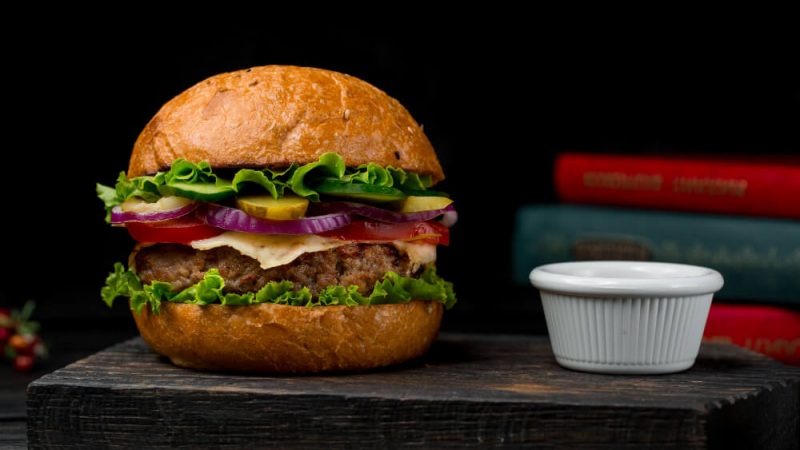The Science of Happiness: What Really Makes Us Happy?

Everyone wants to be happy. But what makes us happy? What are the things that we need in order to be content and fulfilled? This is a question that has been asked by philosophers and scientists for centuries, and there is still no clear answer. However, over the years, researchers have discovered some interesting patterns when it comes to happiness. In this blog post, we will explore the science of happiness and discuss what really makes us happy!
What is happiness, and why do we want it?
Happiness is a feeling of contentment and joy that we all strive to reach. We desire it because it’s an emotion so rare and special that it gives us purpose and lifts us up when we are feeling down. It can manifest in different ways for each individual, whether it be through achieving success or taking the time to appreciate small moments spent with loved ones. Whatever our definition of happiness is, it enables us to move forward by showing us that dreams do come true if we choose to seize those moments and make them into something greater than what they appear on the surface. Happiness is something that everyone chases after in some form or another and should not be taken for granted.
The biology of happiness: what happens in our brains when we’re happy
Being happy is a desired state for most people, but the process of experiencing joy and satisfaction in life isn’t always simple. What goes on in our brain when we are feeling especially content? It turns out that happiness involves more than just our minds; it’s deeply embedded in the biology of our physical bodies as well. When we feel joy, the neurotransmitter dopamine is released, leading to activity in parts of the brain linked to emotion and rewards. Other endorphins are also released, giving us an overall sense of pleasure and relaxation. As scientists continue to study the biology of happiness, we can discover new insights about how our brains create and sustain feelings of contentment.
The psychology of happiness: what our thoughts and emotions do to us
Our thoughts and emotions can have a profound effect on how happy we are. In recent years, scientists have studied the psychology of happiness and come to some interesting conclusions. They’ve found that it isn’t just big life events like getting married or having a baby that leads to lasting happiness– small successes and everyday accomplishments can also add up over time to make a difference in our emotional state. Furthermore, psychologists have identified positive thinking as one way of managing moods and feelings of happiness. So, it’s clear that our thoughts and emotions matter when we consider what makes us really happy in life!
The sociology of happiness: how our social relationships affect our wellbeing
Our physical and mental health often strongly depend on the quality of our social relationships. In fact, research has even shown that people with strong social support networks tend to have much greater levels of physical and mental well-being than those without such connections. Moreover, having meaningful social relationships in our lives can provide us with a sense of purpose and self-fulfilment that can greatly contribute to our overall happiness. This dynamic points to an interesting truth: that our happiness is a very complex phenomenon, one that depends heavily not just on individual factors, but also on the quality of our relationships with those around us—a fascinating idea borne out by the sociology of happiness.
Final Thought
Happiness is a complex and multi-faceted phenomenon, one whose secrets can be unlocked through scientific inquiry. Studies have shown that happiness involves far more than just our individual thoughts and emotions, but also depends heavily on the quality of our physical and social relationships. By understanding what goes on in our brains and bodies when we experience joy, we can gain powerful insights into how to maximize our happiness and create a better life for ourselves. So, take the time to explore the science of happiness, and you may find that it unlocks more joy than you ever imagined!
Read More: Letsgather





